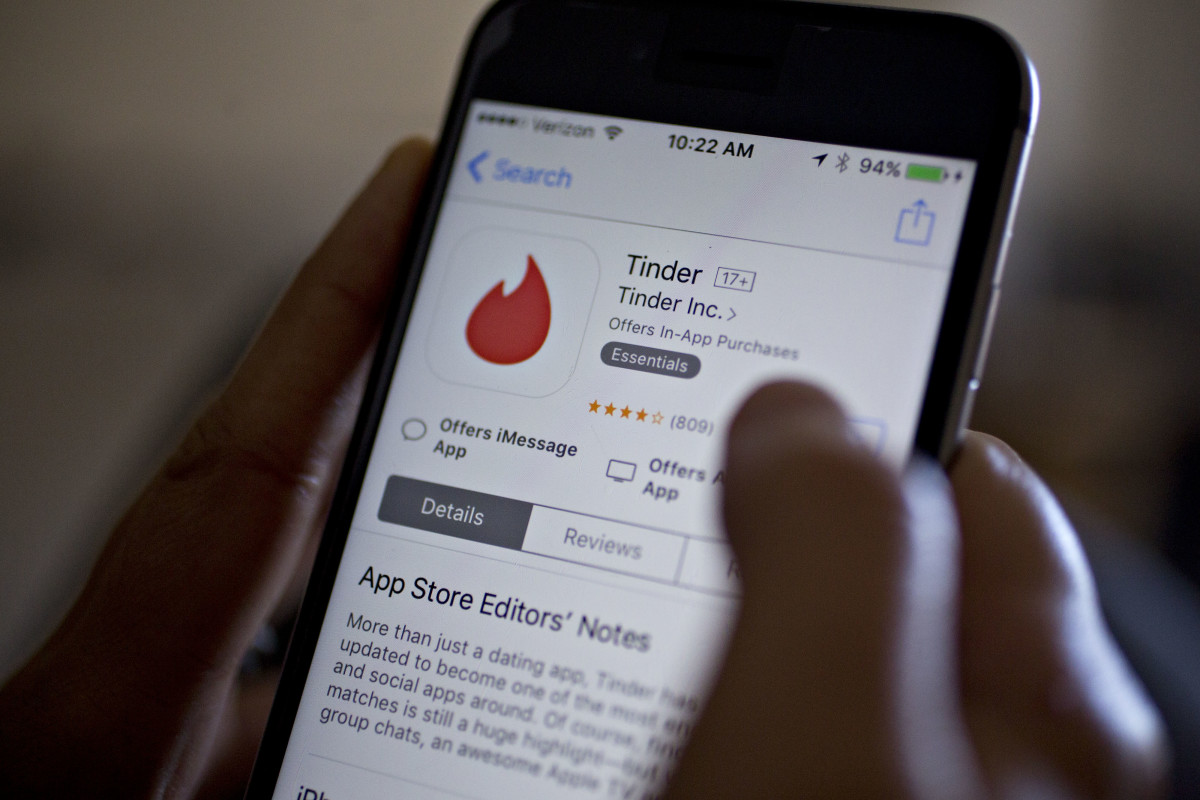
The days of catfishing may soon be over on Tinder, or at least much harder to do as the online dating app is taking a step in tackling the deceptive practice that has resulted in its users being scammed out of billions of dollars. Tinder has unveiled that it has added an extra step for users on the platform to receive a blue check mark which lets other users on the app know that their identity has been verified.
Tinder’s verification system was first launched in 2020 where users were only required to send in a selfie to Tinder’s community team that was taken in real time on the platform that matched a pose in a sample image. The image was then compared to the users’ profile photo, and if it matched, they got a blue check mark.
Related: Lawsuit claims Tinder, Hinge apps make users addicted to finding love
Now, Tinder is requiring users to submit a video selfie and a valid Driver’s License or Passport where the community team will “check to see whether the face in the video selfie matches both the photo on the ID” and will verify the date of birth, according to a new press release.
Users who only complete the photo verification process will now receive just a blue camera icon badge, and those who only finish the ID Verification get a blue ID icon badge. If both the photo and ID verifications are completed, then users will finally receive a blue checkmark.
“We believe ID Verification is an important tool users can adopt to help prove they are the person in their photos as well as help provide some peace of mind when deciding to meet someone off the app,” said Ted Bunch, chief development officer at A Call To Men, in the press release.

The ID verification process was first tested out in New Zealand and Australia last year, and it will expand into the U.S. during the spring this year.
Romance scams have been on the rise in recent years in the U.S. Last year, the Federal Trade Commission confirmed that in 2022, 70,000 people reported a romance scam, and it has cost Americans $1.3 billion in losses.
The commission also found that 50% of Americans who have used a dating app in the past five years have been catfished, which is more than double from the 24% that was reported over five years ago.
The new changes from Tinder comes after a lawsuit against the dating app and others owned by Match Group was filed on Valentine’s Day this year where a group of users claimed that the app was designed to make people “dangerously addicted” to it instead of helping them find love.
Related: Veteran fund manager picks favorite stocks for 2024







